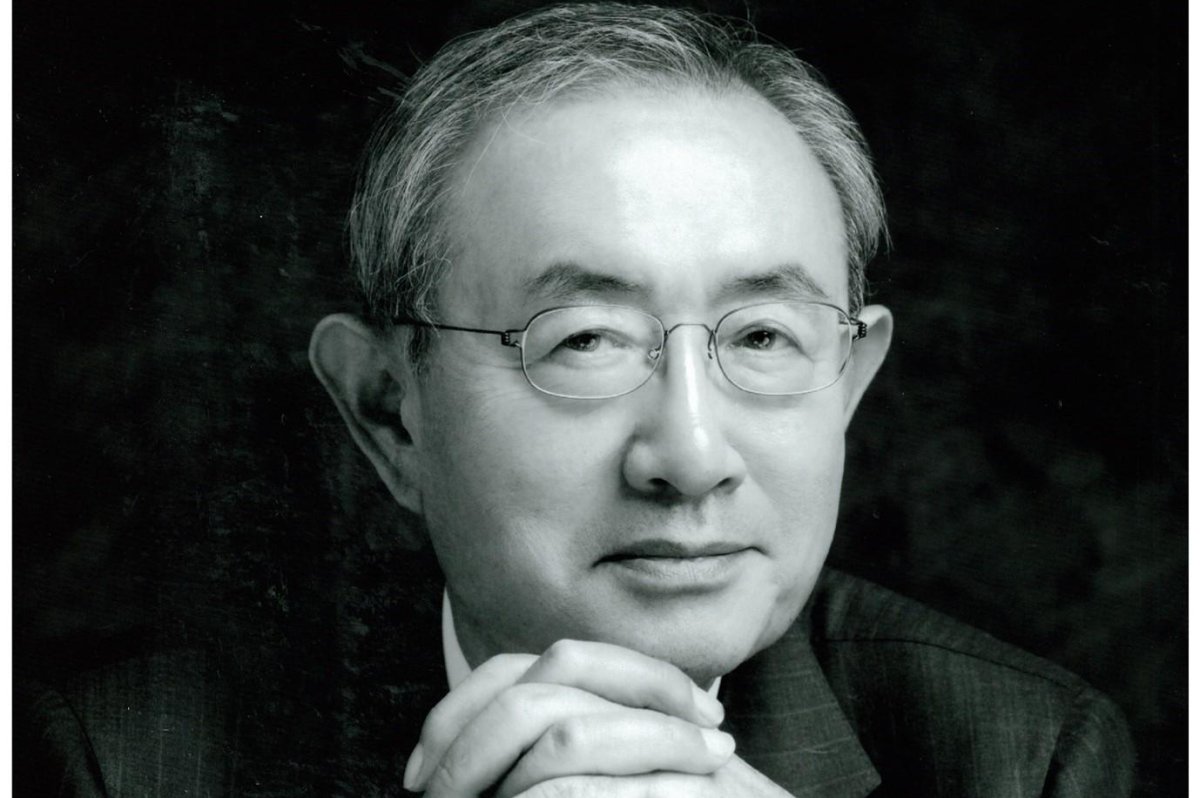The honorary chairman of Korea Zinc, Choi Chang-geol, died Monday at age 84. Photo courtesy of Korea Zinc
SEOUL, Oct. 9 (UPI) — Korea Zinc said a memorial service for its honorary chairman, Choi Chang-geol, will be held Friday. He died Monday at age 84.
Born in Hwanghae Province, now part of North Korea, in 1941, Choi moved to Seoul with his father, Korea Zinc co-founder Choi Ki-ho, and other family members after Korea’s liberation from the Japanese colonial rule in 1945.
He studied economics at Seoul National University and earned a master’s of business administration from Columbia University in New York in 1973.
In line with South Korea’s state-led drive to promote heavy industries, Korea Zinc was established in 1974, with Choi joining at its inception.
Choi spearheaded the construction of a zinc refinery, helping to secure financing from institutions such as the International Finance Corporation, a member of the World Bank Group.
He was promoted to president of Korea Zinc in 1980 when the company went public on the Seoul bourse, and he became chairman in 1992.
Under his leadership, the Seoul-based corporation grew into the world’s largest zinc smelter, with an annual production capacity of 650,000 tons.
Last year, Korea Zinc posted $8.49 billion in sales and an operating profit of $517 million. Its top line is expected to exceed $10 billion this year for the first time as its first-half revenue was more than $5 billion.
Presently headed by Chairman Yun B. Choi, the second son of the late honorary chairman, its market capitalization amounts to $12.5 billion.
As one of the most widely used non-ferrous metals, zinc is essential for such industries as construction, automobiles, batteries, chemicals and healthcare.
After becoming a global business bellwether, Korea Zinc has represented smelters worldwide in negotiating benchmark treatment charges for zinc with mining giants, according to the company.
Korea Zinc noted that the late Choi played a pivotal role in its success based on a philosophy of principled management and an employee-first approach.
He was known for refusing to lay off employees, even during the 1997-98 Asian financial crisis, when many Korean conglomerates collapsed.
“Honorary Chairman Choi treated those who worked with him not merely as colleagues, but as family,” Korea Zinc Vice Chairman Lee Je-joong said in a statement.
“He always asked whether there was anything his employees needed and often suggested adopting good practices from other companies before anyone else did,” he added.
Choi is survived by his wife, Yu Jung-keun, former chief of the Korean Red Cross, and his son, Yun B. Choi, current chairman of the world’s leading zinc producer.
